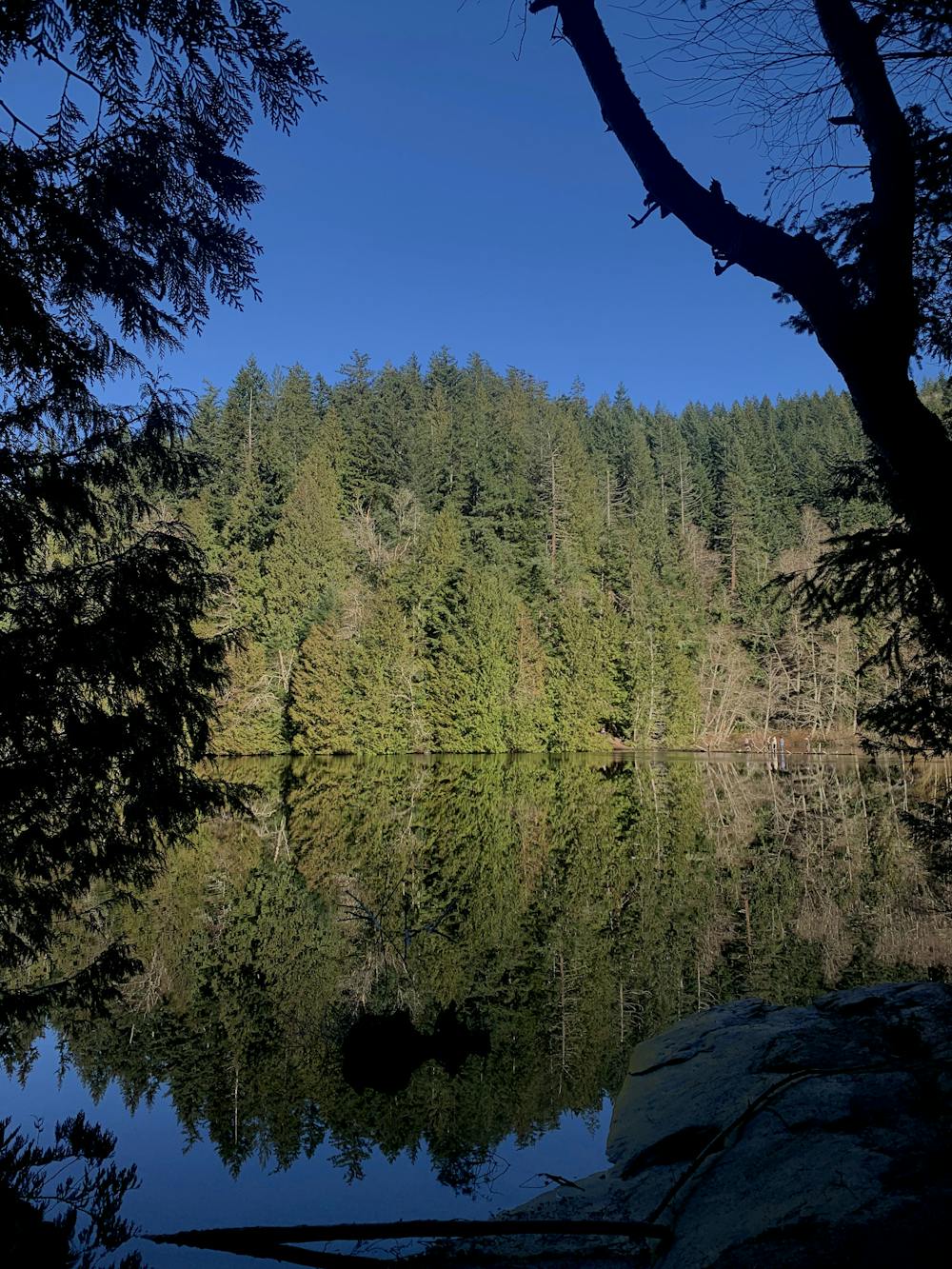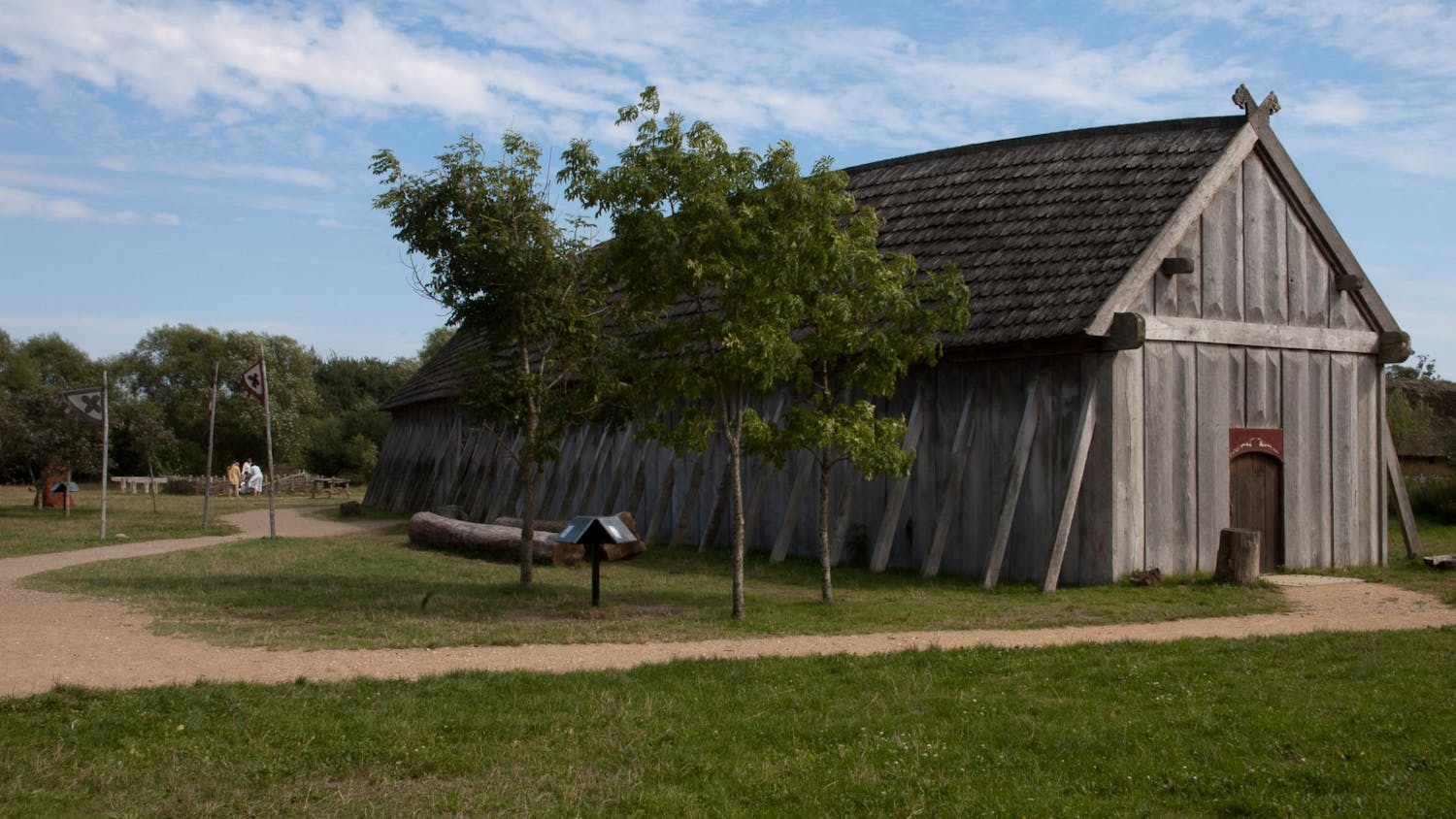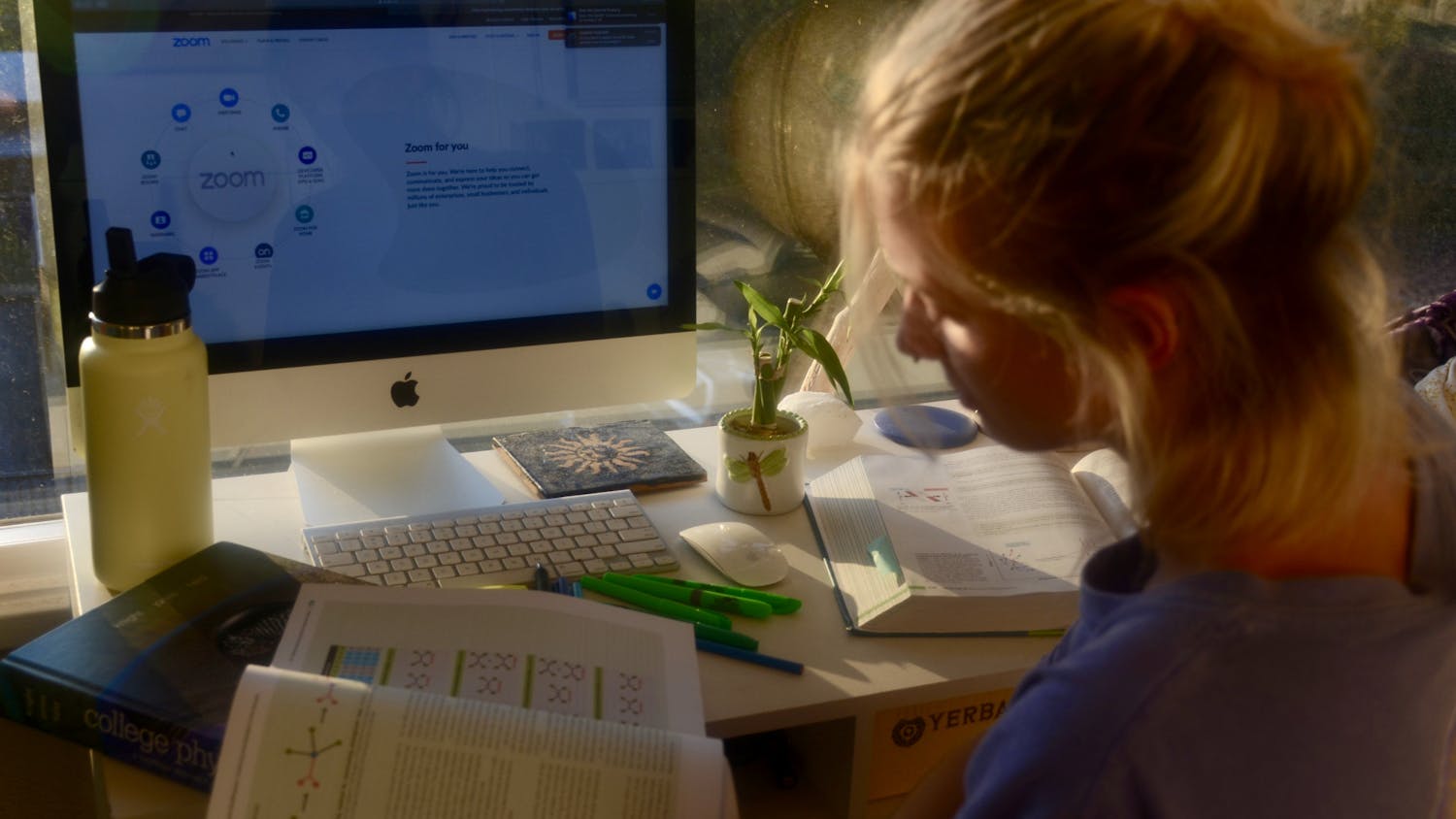A new program focused on benefiting students' mental health was welcomed onto Western Washington University’s campus this spring.
The Outdoor Wellness Program is the product of a fourth-year Fairhaven student, Ben Crandall, who created this peer-to-peer program for his senior project.
The peer-to-peer aspect is to help take the stigma away from mental health, something still pretty rampant, according to Crandall.
With a background in wilderness therapy and involvement with Western’s outdoor center, Crandall developed a curriculum and wrote the class. He designed the program with support from faculty in the recreation and leadership program and guidance from the counseling center.
Beginning at the start of spring quarter this year, the program consists of 10 mentors who are taking this as a class for credit, and 12 participating students, also known as “mentees.” Those participating meet with their mentor for 90-120 minutes weekly for a “nature connecting experience.”
“We define it as a green space that is accessible and sustainable to students that are participating in the program,” Crandall said. “To increase mental health benefits for college age students.”
Lindsay Poynter, senior instructor of recreation management and leadership at Western, is the primary instructor for the program and a licensed mental health counselor in Washington.
“To me, it seems like a really natural fit for the university to just start to expand that idea of wellness and how getting outdoors really enhances that,” Poynter said. “It's not just this anecdotal story of, ‘Oh, I feel better when I go outside,’ there's actual research demonstrating that that's true.”
There has been a recent uptick in the past five to 10 years in the amount of those experiencing mental health issues. There are unprecedented levels of stress, depression and other kinds of psychologically debilitating conditions, Poynter said.
They hope to help take the brunt off of the Western counseling center given the increasing need.
Cheyenne Fonda is a third-year Fairhaven student who is involved as a mentor for the program.
“This is the first time I'm in this type of role,” Fonda said. ”It really is surprising, I'm finding it's teaching me so much more than I ever thought it would.“
This has been a learning experience for everyone involved.
“Since this is a new program, we are kind of building the boat as we go, so to speak,” Crandall said. “I am still learning as I go. And every class has been fantastic to learn something new about myself or about the students or about what we're doing.”
Fonda said that her biggest takeaways in her short time in the program so far have been learning more about boundaries, self-care and patience.
One boundary that was set is that these mentors are not therapists and they are not doing therapy, Crandall said. The main focus is on using nature as a therapeutic tool.
“We are the experts in our bodies and we are the experts on ourselves, and seeing nature," Crandall said. "This program is sort of an ally in that ongoing work of how we be mentally healthy and be happy and fulfilled humans in a world that maybe isn't catering to that.”
Crandall and Poynter are hopeful for the future of this program and they will be speaking to stakeholders on campus soon to potentially receive additional funding to continue it.
For those interested in participating in the future, watch out for announcements through the outdoor center and counseling center, Poynter said.
Bella Neff (she/her) is a third-year student studying journalism and political science, and reporting on city news. You can reach her at bellaneff.thefront@gmail.com.






